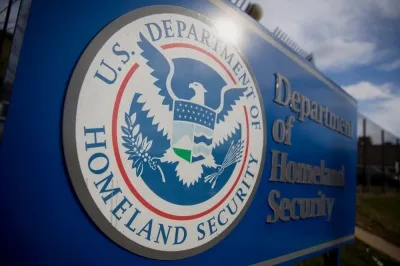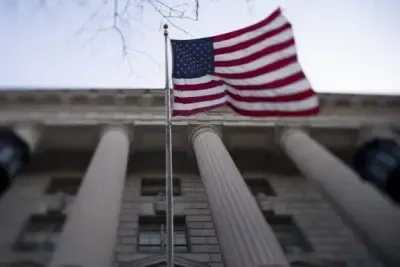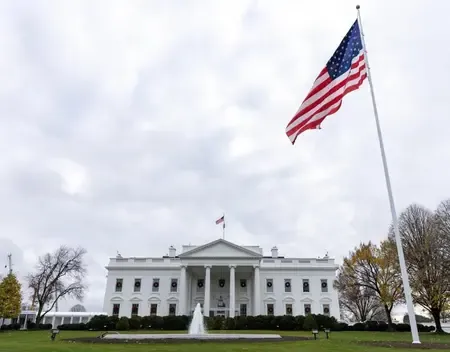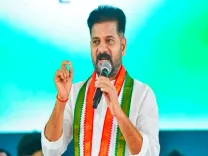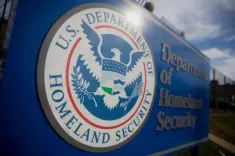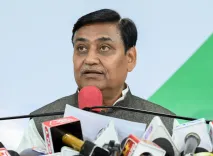African Union Summit to Address Key Issues for the Continent
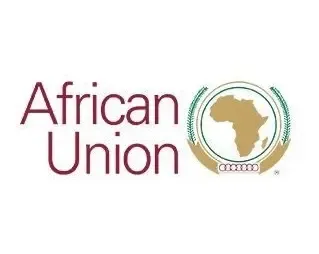
Synopsis
Key Takeaways
- Focus on reparatory justice and racial healing.
- Election of senior AUC leadership positions.
- Need for collective commitment among African leaders.
- Importance of addressing historical injustices.
- Challenges in achieving financial reparations.
Addis Ababa, Feb 7 (NationPress) During the upcoming 38th African Union (AU) summit, set to take place from February 12-16, leaders from across Africa will gather to deliberate on vital matters shaping the continent's future.
The annual assembly, aligning with the AU's 2025 theme "Justice for Africans and People of African Descent Through Reparations," will be hosted at the AU headquarters in Addis Ababa, the capital of Ethiopia. The discussions will revolve around reparatory justice and racial healing, among other pressing topics such as the election of the AU Commission (AUC) senior leadership, Africa's socio-economic development, and challenges related to peace and security.
Experts assert that achieving these goals will rely heavily on the unified commitment of African leaders and the continent's capacity to convert ambitious visions into practical strategies.
The AU has indicated that this year's theme, officially unveiled during the summit, highlights the necessity of confronting historical injustices linked to colonialism, trans-Atlantic enslavement, apartheid, and systemic discrimination.
According to the AU's concept note, reparatory justice goes beyond rectifying past injustices; it is also about promoting equity, healing, and recognizing the rights and contributions of Africans from diverse backgrounds, as reported by Xinhua news agency.
The document proposes a detailed strategy for achieving the reparatory justice agenda, which includes historical acknowledgment, financial reparations, land restitution, cultural preservation, policy reforms, international accountability, community empowerment, and continuous advocacy.
Costantinos Bt. Costantinos, a former advisor to the AU and the UN Economic Commission for Africa (ECA), remarked that the AU's commitment to reparatory justice is "bold and commendable," but its effective execution will rely on crucial factors, such as Africa's bargaining power and collective unity on the global stage.
Costantinos pointed out that currently, both the AU and the continent have limited leverage to demand international accountability for historical injustices from the colonial period. While the appeal for financial reparations and restitution of cultural and economic resources is laudable, achieving these objectives requires considerable bargaining power and solidarity—qualities that seem insufficient within Africa and its individual nations concerning reparatory justice.
The forthcoming summit will offer a platform for African leaders and the 55-member pan-African bloc to outline a comprehensive plan to advance the reparations agenda. This will involve collaboration with international organizations, engaging with the African diaspora, and mobilizing resources to support initiatives aimed at addressing historical injustices. The success of these efforts will largely hinge on the AU's capacity to rally support from member states, regional economic communities, and civil society.
Another significant agenda item at the summit is the election of senior leadership positions within the AUC, including the chairperson, deputy chairperson, and six commissioners.
With all eight senior leadership positions of the AUC open for candidates, the AU has stressed that the election process adheres to the principles of equitable regional representation, inclusivity, and merit-based selection.
The candidates vying for the AUC chairperson role include Djibouti's Foreign Affairs Minister Mahamoud Ali Youssouf, former Prime Minister of Kenya Raila Odinga, and Richard Randriamandrato, Madagascar's former Foreign Affairs Minister.
In December, these candidates outlined their priorities for promoting the AUC's vision for an integrated, united, and prosperous Africa. During a live televised debate aimed at African citizens, they discussed their vision, strategies, and determination to enhance the AU's transformative role in tackling Africa's current and emerging development and security challenges.
Costantinos noted that one of the primary focal points for the incoming AUC leadership could be to strengthen the AU's role in realizing Africa's transformative vision for a prosperous, united, and peaceful continent.
"The new leadership will encounter the challenge of formulating innovative solutions to address Africa's development and security issues," he noted, mentioning that these challenges include poverty, inequality, conflict, and persistent insecurities.
This new leadership is anticipated to implement various continental strategies and initiatives aimed at enhancing the continent's human capital, while also striving to achieve critical continental development goals such as eradicating extreme poverty, fostering good governance and democracy, ensuring access to quality education and healthcare, and promoting overall socio-economic progress, according to Costantinos.
Given the escalating crisis in the eastern Democratic Republic of the Congo, the AU summit is poised to tackle Africa's peace and security challenges, which remain significant obstacles to the continent's advancement.
The AU has highlighted the summit's importance as a key platform in Africa's endeavor to leverage the connection between peace and socio-economic development, as outlined in Agenda 2063, the continent's 50-year development blueprint.
As part of this annual gathering, the AU Executive Council meeting, which consists of foreign ministers from AU member states, is scheduled for February 12-13, followed by the assembly of African heads of state and government on February 15-16.


